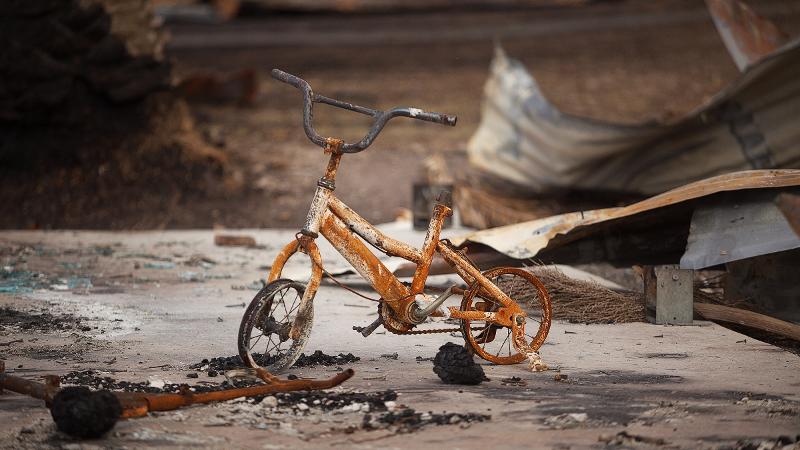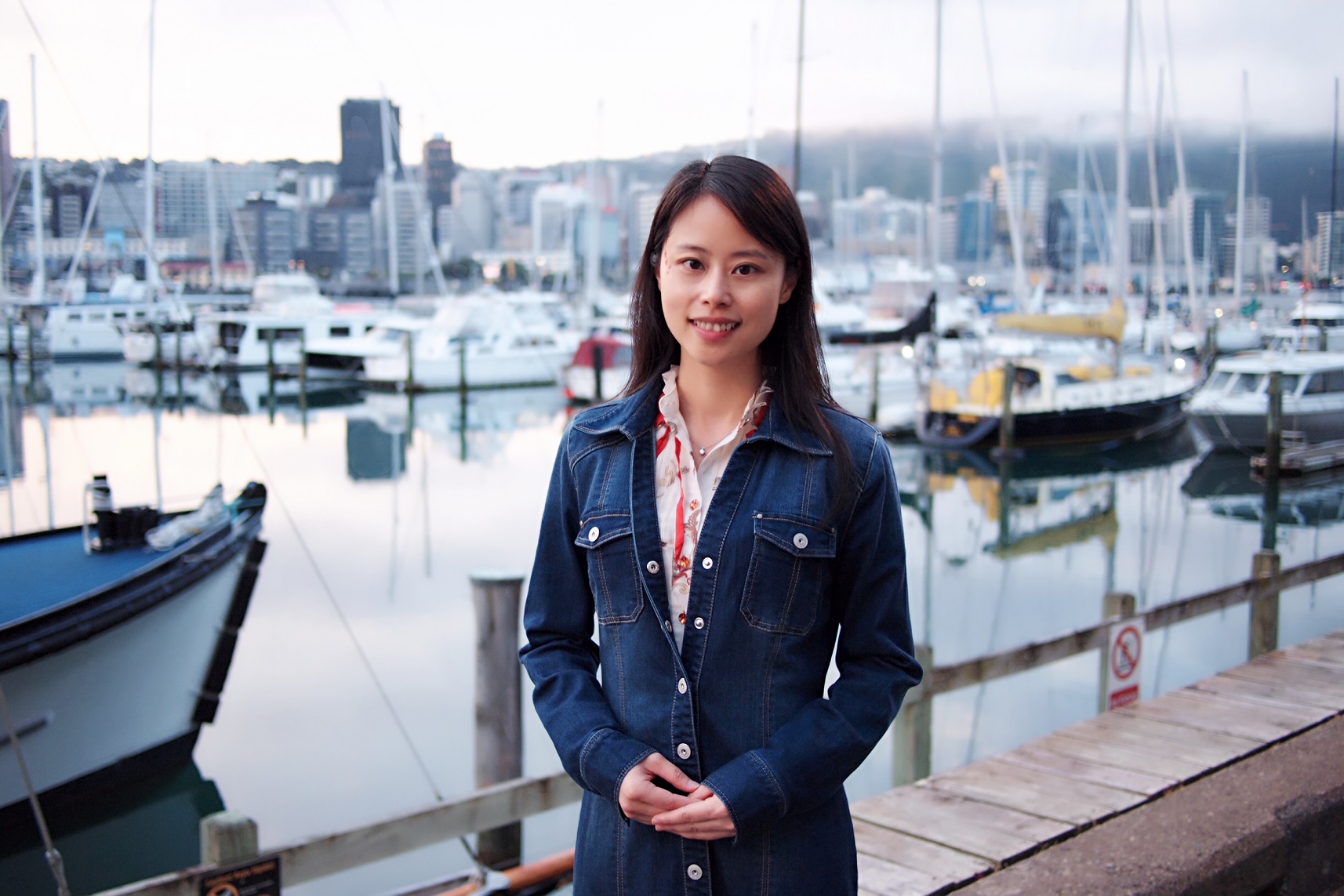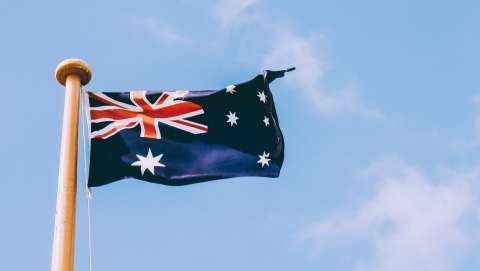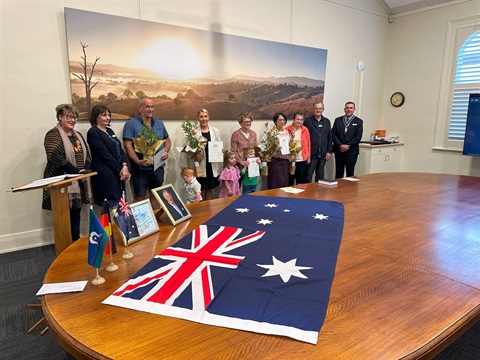
A QUT researcher studying how disaster risk communication can help people and communities recover from bushfires and other natural disasters says an orchestrated approach for people to share their stories locally is a vital piece of the puzzle.
Dr Jenny Hou, Senior Lecturer in Professional Communication in QUT’s School of Communication and a researcher in the Digital Media Research Centre believes to be truly effective, government agencies at all levels need to seek views and survival stories from the people on the ground.
“Often government communications in relation to disaster risk take a ‘broad brush’ approach. The messages are important but can get lost because they are not targeted,” said Dr Hou who is conducting a research project – Building disaster resilience through authentic and coordinated storytelling – funded by The Arthur W. Page Centre Legacy Scholar Grant.

“People can feel bombarded with messages that don’t really connect with them and so have little impact in helping them rebuild after a flood, bushfire, cyclone, earthquake or other disaster.
“They are more able to identify with a story from a real person, especially if that person is from their own community. Such stories can transport you from your own narrative to another. Empathy plays a critical role in building disaster resilient communities.”
Dr Hou said most disaster communication studies had largely focused on the immediacy, agility and accessibility of ‘information’ disseminated through various digital and social technologies, rather than explored storytelling as a mode of communication.
“My ultimate aim is to create a ‘story matrix model’ specific to disaster risk communication which can be used by governments to inform, educate and empower the at-risk public,” she said.
“The Queensland Reconstruction Authority has a ‘Resilient Queensland Story Map‘ which highlights meaningful stories that connect with communities much better than the often quite clinical, educational material disseminated by governments.
“Stories inspire and connect people through their shared experiences and help them build resilience.”
“For example, a video produced by Longreach Regional Council called ‘Outback Kids are Tough’ has attracted a lot of positive comments. Young people want to hear from their peers and the same can be said for other groups such as Indigenous communities, remote/rural populations, people with disabilities and the elderly.
“Another story tells how Redland City Council has trained 25 Community Champions to help island populations with disaster prevention, preparation and resilience building.
“In Rockhampton, meanwhile, The Lifeline Community Recovery Program produced a Recovery Kitchen Cookbook following Tropical Cyclone Marcia in 2015 and after discussions with those who were isolated after the cyclone. It provides families with shopping lists and simple recipes that can be prepared with limited food supplies and with or without a heat source in the event of power loss.
“These are the stories that need to be told. When we are in the middle of a disaster, like the current bushfires, naturally there is an immediate focus on evacuation and keeping people safe.
“Less resources and attention are paid to the often very lengthy rebuild and recovery processes, yet these are critical in creating more resilient communities. It is in the days, weeks, months and even years after a disaster that the effects are still felt and when mental health can be most impacted.
“While the Resilient Queensland Story Map is a great start, there needs to be a more orchestrated approach. It’s effective but random in that the stories are not necessarily having the reach they could have. Governments need to invest more in their communication efforts.”
Dr Hou, who plans to publish her full report later in the year, said different kinds of disasters also required tailored communication approaches especially through personalised and authentic storytelling.
Her study is funded by The Arthur W. Page/Johnson Legacy Scholar Grant, which supports research proposals focusing on narratives in communications.








